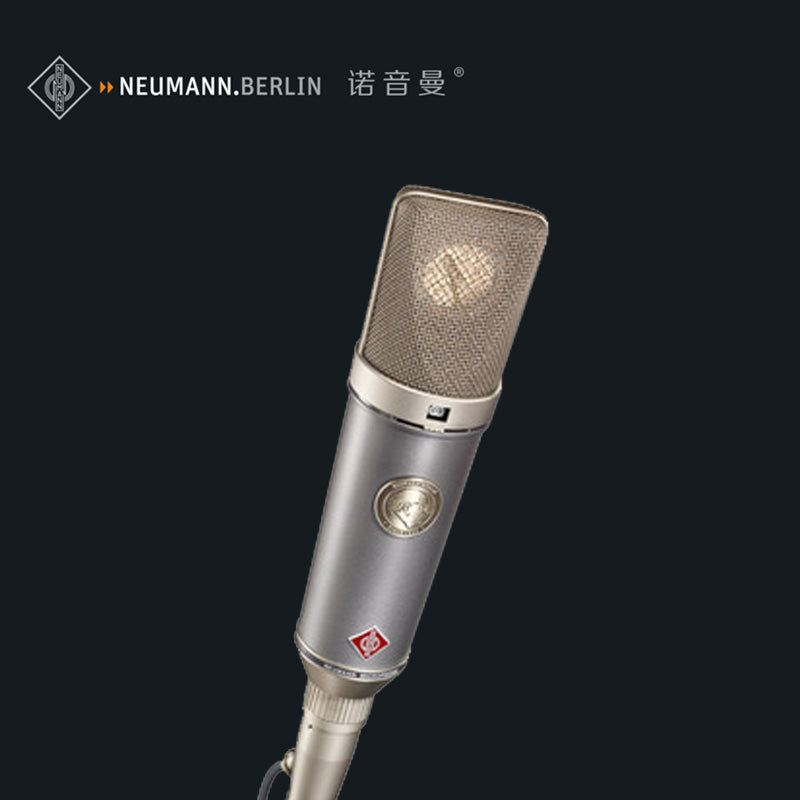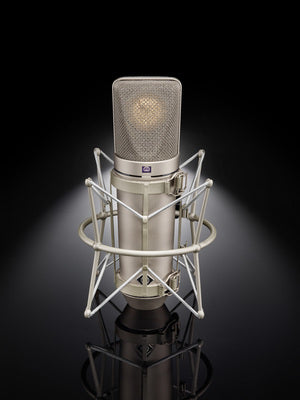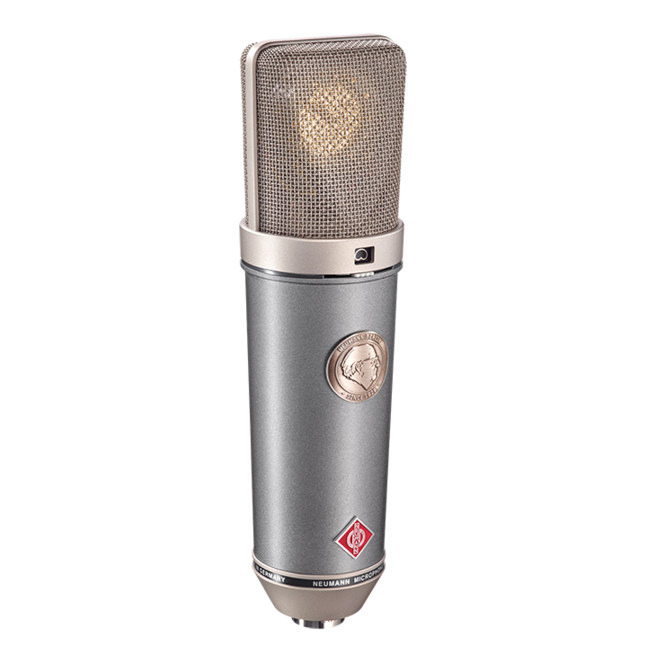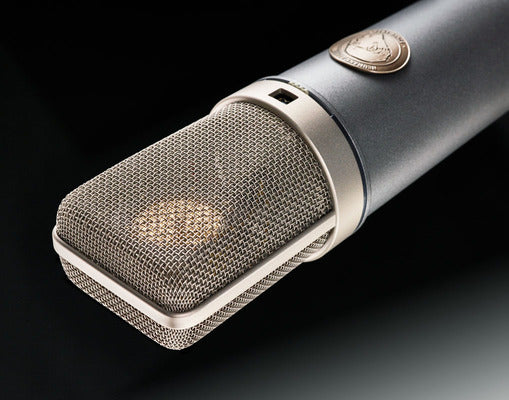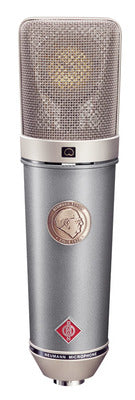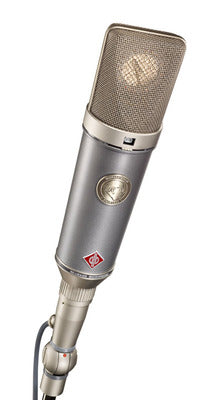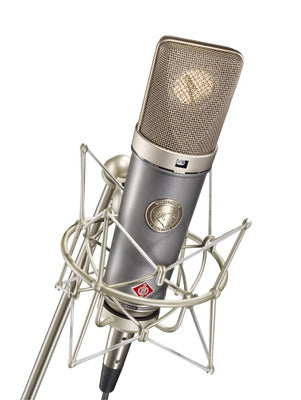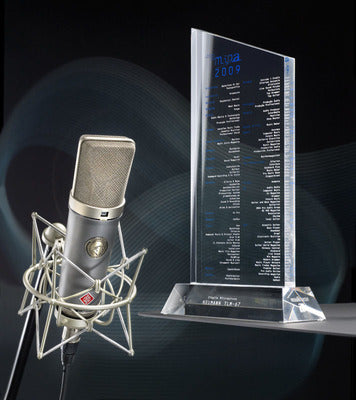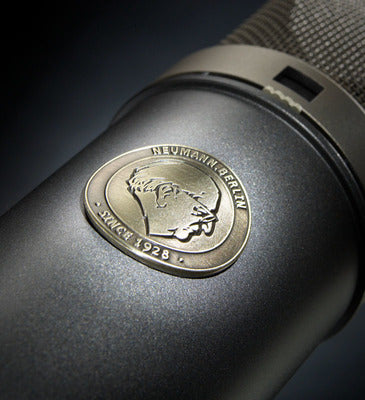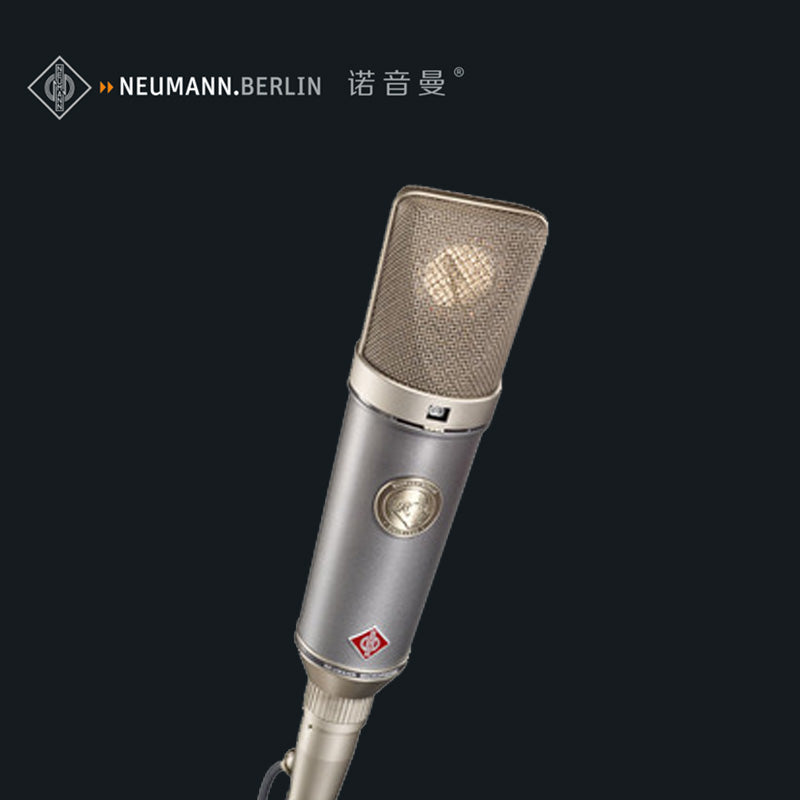
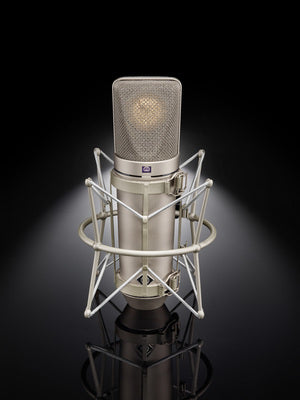
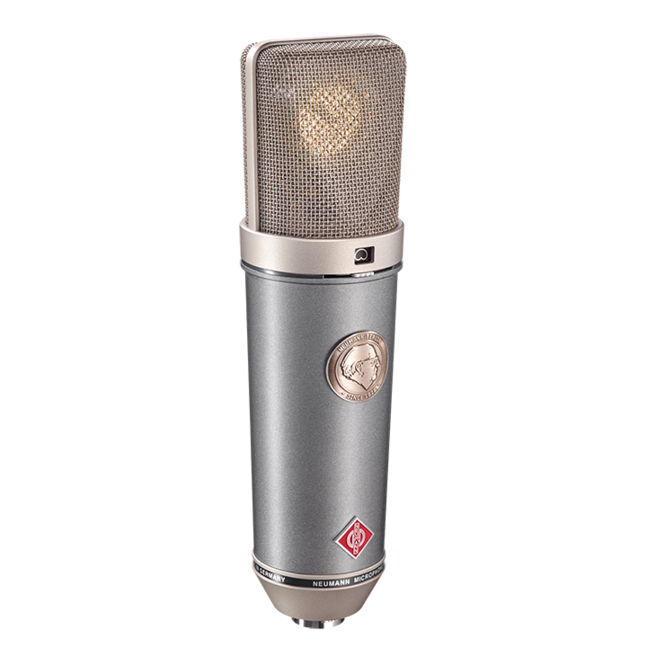
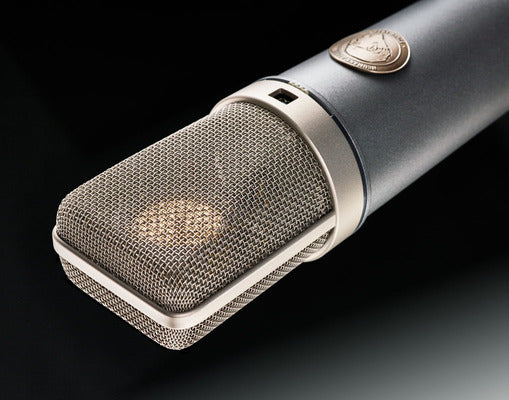
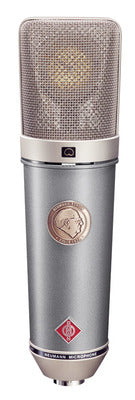
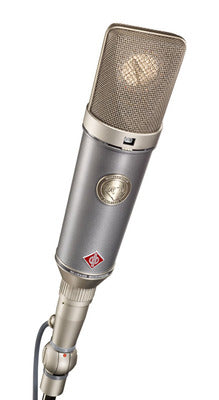
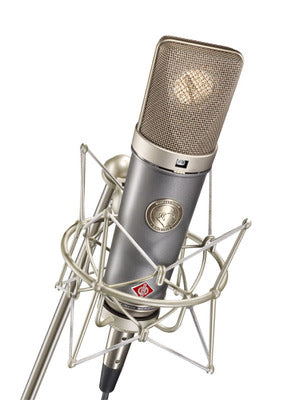
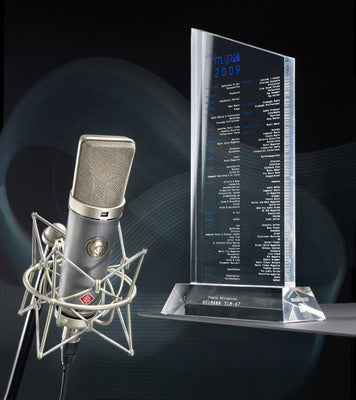
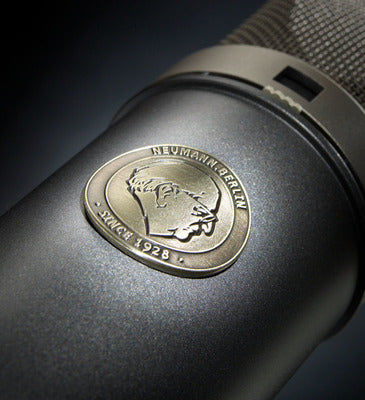
Collapsible content
Description
The Sound of the 1960s Reinvented
The TLM 67 captures the spirit of Neumann’s classic U 67, which defined the sound of the 1960s. But instead of electron tubes the TLM 67 relies on trouble free FET electronics with a special sound design for a gorgeous retro tone. Like its predecessor, the TLM 67 is a versatile studio workhorse with three polar patterns, pad and low cut options.
Classic Sound with Modern Convenience
Today’s concept of the modern studio microphone is still very much defined by Neumann’s classic U 67. Introduced in 1960, it offered an essentially linear frequency response in three polar patterns as well as pad and low cut options for then-new close miking techniques. The U 67 was (and still is!) a true studio workhorse, and many top engineers consider it their “desert island” microphone. However, vintage originals, these days, come at collectors’ prices, out of reach for young engineers and musicians. The TLM 67 is an attractively priced alternative.
The TLM 67 shares many of the U 67’s key features, including its elegant shape and the famous tapered headgrille, which has since become iconic for the Neumann brand. What’s more, the TLM 67 uses the same large diaphragm capsule as its legendary predecessor, the classic K 67 capsule, also used in the Neumann U 87 A.
Reimagining the Sound of the 60s
Instead of the U 67’s tube electronics, the TLM 67 has a transformerless head amplifier, built with highly reliable 21st century solid state technology – yet with a retro twist! The TLM 67’s circuit may be modern, but it meticulously reproduces the sound of the 1960s. This results in a seemingly low max SPL figure of 105 dB (in cardioid mode) for 0.5% THD, but, like in a tube circuit, distortion rises gently to 5% THD for 125 dB SPL. The TLM 67 thus captures the sound character and dynamic behavior of its famous predecessor without the use of tubes and without the inconvenience of a clunky PSU box and multipin cables.
Visually, too, the TLM 67 has a retro touch with a unique dual color scheme, combining a capsule head in classic satin nickel with a stylish pearl-gray body. Released in 2008, the TLM 67’s front is graced by a metal emblem of our founder, Georg Neumann, commemorating the company’s 80th anniversary.
Applications
Just like its legendary precursor, the TLM 67 is a universal studio microphone with three directional patterns ¬– omni, cardioid, and figure-8 – as well as low cut and pad options. A true workhorse! Its unique tube-like midrange character makes the TLM 67 is an excellent microphone for vocals and spoken word. Thanks to its essentially linear frequency response, it is also a versatile microphone for a wide rage of instruments, such as acoustic and electric guitar, piano, percussion, drums overheads, and much more.
- Inspired by the legendary Neumann U 67 tube microphone
- Transformerless solid state circuit with tube sound characteristics
- Three polar patterns: omni, cardioid, figure-8
- Switchable low cut and pad
- Versatile studio workhorse for vocals and instruments
- Very low self-noise
Data and Diagrams
| Acoustical operating principle | Pressure gradient transducer |
|---|---|
| Frequency Range | 20 Hz ... 20 kHz |
| Directional Pattern | Omni/cardioid/figure-8 |
| Sensitivity at 1 kHz into 1 kohm | 10/18/9 mV/Pa (Omni/cardioid/8) |
| Rated Impedance | 50 ohms |
| Rated load impedance | 1 kohms |
| Equivalent noise level, CCIR¹⁾ | 29/24/30 dB (Omni/cardioid/8) |
| Equivalent noise level, A-weighted¹⁾ | 16/11/17 dB-A (Omni/cardioid/8) |
| Typical SPL (tube characteristic) for K<0.5%²⁾ | 110/105/111 dB (Omni/cardioid/8) |
| Typical SPL (tube characteristic) for K<5%²⁾ | 130/125/131 dB (Omni/cardioid/8) |
| Signal-to-noise ratio, CCIR (re. 94 dB SPL)¹⁾ | 65/70/64 dB |
| Signal-to-noise ratio, A-weighted (re. 94 dB SPL)¹⁾ | 78/83/77 dB-A |
| Maximum output voltage | -1 dBu |
| Supply voltage (P48, IEC 61938) | P48 |
| Current consumption (P48, IEC 61938) | 3 mA |
| Matching connector | XLR 3 F |
| Weight | 490 g |
| Diameter | 56 mm |
| Length | 200 mm |
1) according to IEC 60268-1; CCIR-weighting acccording to CCIR 468-3, quasi peak; A-weighting according to IEC 61672-1, RMS
2) measured as equivalent el. input signal
Diagrams
Omni TLM 67


Figure 8 TLM 67


Cardioid TLM 67



